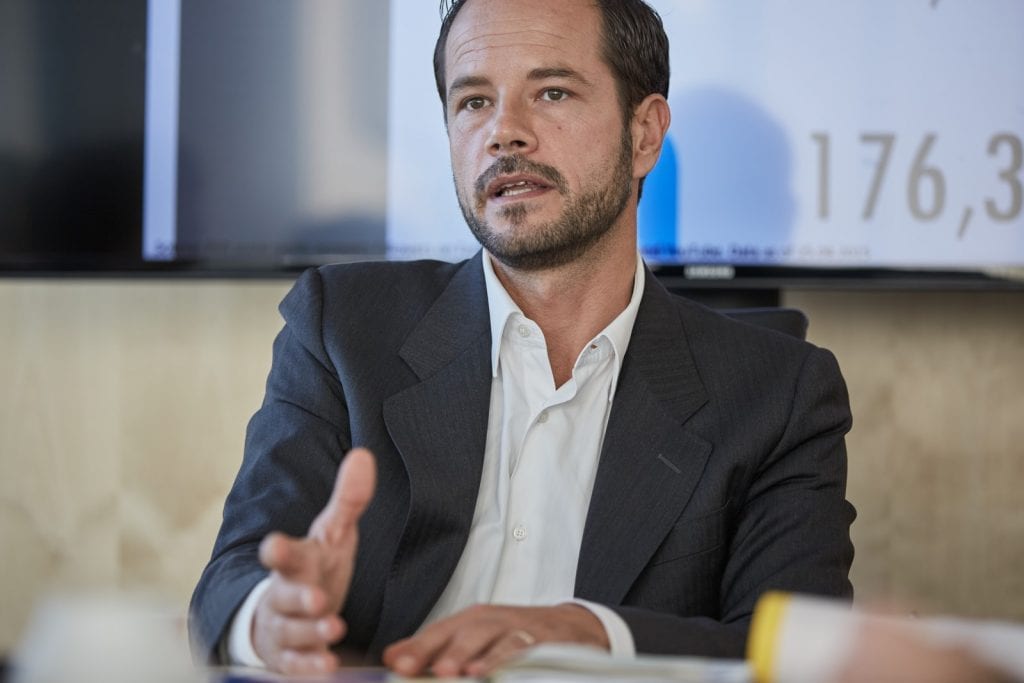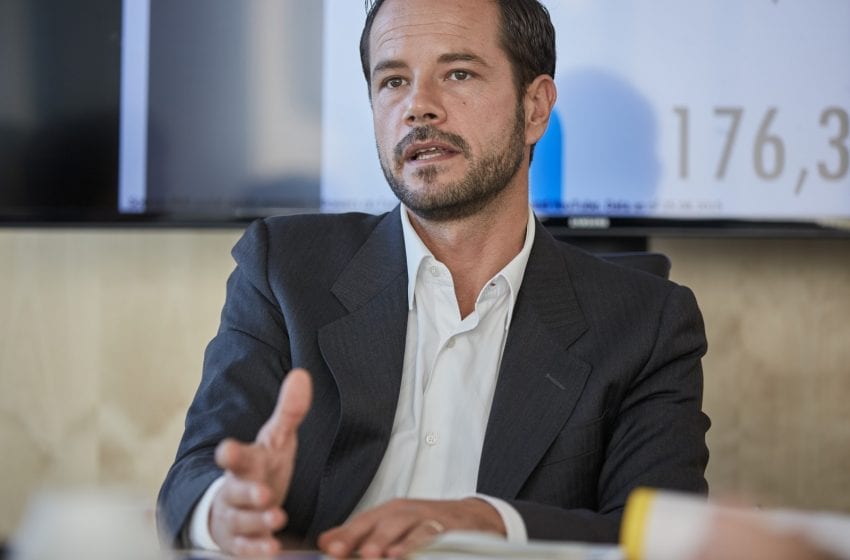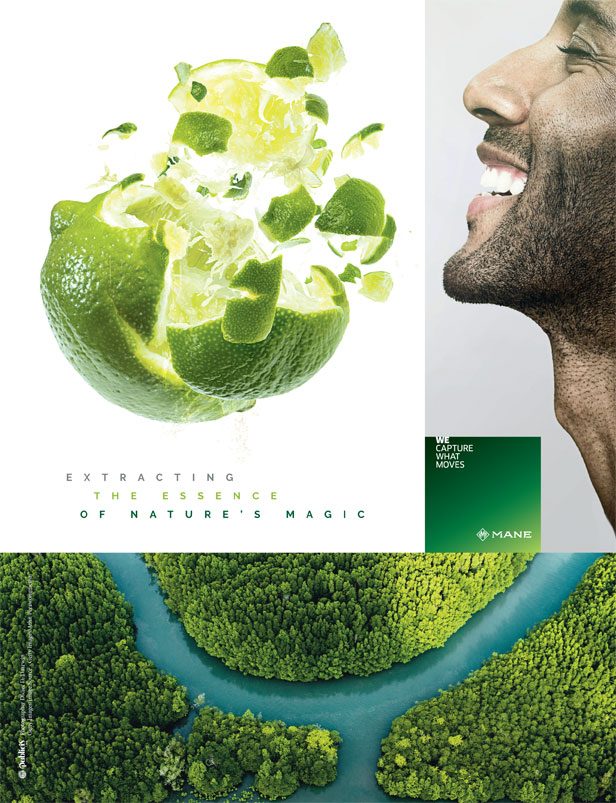
PMI’s Impact project attempts to fight illicit cigarette trade by bringing together stakeholders from different backgrounds.
By Stefanie Rossel
One of the many side effects of globalization is the continuous rise of illicit trade. Smuggling, counterfeiting and tax evasion account for an estimated loss of $2.2 trillion, or almost 3 percent, of the world’s economy each year. The World Economic Forum (WEF) has worked out an interesting equation: If illicit trade were a country, its economy would be larger than that of Brazil, Italy and Canada. With an estimated 600 billion cigarettes worldwide being commercialized illegally each year, the tobacco industry is affected too; one in ten cigarettes is sold illicitly. According to data from the Organization for Economic Cooperation and Development, illicit tobacco trade accounts for $40 billion in lost revenue annually.
Transnational criminal networks profit from illegal trade in virtually any product imaginable. In addition to cigarettes, they deal in drugs, fake pharmaceuticals, endangered wildlife species and even humans. Illicit trade thus negatively impacts economic stability, public health and safety and serves to finance criminality and terrorism.
It’s a threat that affects developing and developed countries alike, albeit at varying degrees, and that governments have widely acknowledged as such. Twenty intergovernmental organizations currently deal with the problem, largely by sector or subject, the WEF reports. To efficiently address the interconnected, global nature of illicit trade, though, experts agree that a joint international, cross-sectoral approach is required.
Such an approach is the idea behind Philip Morris International’s (PMI) Impact project, which the company launched in 2016. “Illegal trade goes beyond any specific country, region or industry,” says Christian Swan, director of illicit trade prevention and coordinator of PMI Impact at PMI. “Its various forms—ranging from tobacco smuggling and the counterfeiting of pharmaceuticals and electronics to trade in drugs, arms and even human trafficking—are inevitably interlinked as the criminal networks behind these activities exploit the same trafficking routes and corrupt networks. We firmly believe that an inclusive approach that addresses this complex problem from multiple aspects and enhances collaboration and dialogue among impacted stakeholders is essential if we want to achieve meaningful progress against illegal trade.”
The global initiative, which is not limited to the illicit trade of cigarettes, supplements the company’s ongoing anti-illicit trade efforts, according to Swan, and stems from the realization that to make real progress against illegal trade, an inclusive approach for governments, the private sector and civil society was needed to work together to address the issue in its entirety—across a range of illegally traded goods and by tackling related crimes such as money laundering and organized crime. PMI Impact funds third-party projects against illegal trade and related crimes, covering a wide range of activities including research, training programs for law enforcement agencies, awareness raising initiatives, the development of technological solutions and the funding of equipment to help combat crime and communication initiatives to foster cross-sector and public-private collaboration.
“Importantly, the projects supported from PMI Impact tackle illegal trade in its many forms,” says Swan.
Making progress
When PMI started its initiative, it initially committed $100 million. “PMI Impact is the first corporate initiative of its kind, and we are proud of the progress it has achieved to date,” says Swan. “Under the first two funding rounds, the initiative has allocated a total of $48 million to fund 60 projects in 30 countries. Our aspiration for PMI Impact has been to create a platform for groundbreaking ideas, engaging dialogue and progressive initiatives against illegal trade and related crimes, and we have been delighted to see this vision come to life.”
The projects come from organizations covering a broad range of public, private and academic sectors including think tanks, research institutions, universities and law enforcement authorities. According to Swan, establishing a network between these sectors is more valuable than any individual project.
To select suitable projects, a council of independent experts with profound knowledge in the fields of law, anti-corruption, human rights and technology was installed with an open and defined evaluation process. Projects funded so far include, for instance, the strengthening of the criminal justice response to illicit trade in southeastern Europe on the basis of a comprehensive understanding of local vulnerabilities in their regional context, an analysis of attitudes and behaviors that motivate consumers to buy counterfeit goods and the effectiveness of alternative strategies to combat illicit trade, and the creation of a digital platform to identify and track critical processes and produce relevant intelligence in the context of illegal trade.
“Overall, the innovative thinking and expertise that the grantees have put forward are a valuable addition to the global efforts against illegal trade, and the 2019 PMI Impact Report details the progress achieved by each of the funded projects individually,” Swan says. “Particularly in today’s hyper-connected world—with growing concerns around global security, the proliferation of criminal organizations and the surge of new digital tools—it’s more important than ever for public and private actors as well as civil society to take a common-sense and collaborative approach to accelerate progress against illegal trade and related crimes.”
According to Swan, the grantees retain full independence in the implementation of their projects, including in deciding how to best communicate the results of their work and share best practices. “For example, some of the grantees have presented their projects and results in public forums, to media and [to] other stakeholders. From our side, we strive to create opportunities for PMI Impact grantees to come together and share their perspectives, learn from each other and engage with other experts and leaders working around the world to address illegal trade. We have supported such public events in several locations throughout the years.”
Wanted: new projects
Despite its setup, critics have complained that projects financially supported by tobacco companies cannot be objective. That same argument also contributed to the end in 2016 of an anti-illicit trade agreement between cigarette manufacturers (including PMI) and the EU. “We understand some may be skeptical, and we invite constructive feedback and dialogue—even with those who disagree with us,” says Swan. “To that end—transparency is key for us. The initiative’s application terms and selection rules are publicly available on the PMI Impact website, we publicize the results of each funding round and we have also recently launched the first report detailing each funded project.”
Swan encourages everyone with an interest in eliminating illegal trade to review the initiative and the opportunities it creates for progress in this global issue and invites any organization interested in applying to visit the PMI Impact website for more information.
“Eliminating illicit tobacco trade has been a long-standing priority for PMI and is an integral part of the large-scale business transformation we are undergoing to deliver a smoke-free future,” says Swan. “Illicit trade makes cheap, unregulated tobacco products easily accessible—undermining efforts to reduce smoking prevalence and protect youth from smoking. It is clear that, in order to replace cigarettes with better alternatives for millions of men and women who would otherwise continue to smoke, we must also ensure that there are no illegal actors sustaining a black market for cigarettes. To that end, we continue to invest significantly in supply chain controls through preventive and protective measures and work with law enforcement and other stakeholders to promote strong action against illegal networks.”













